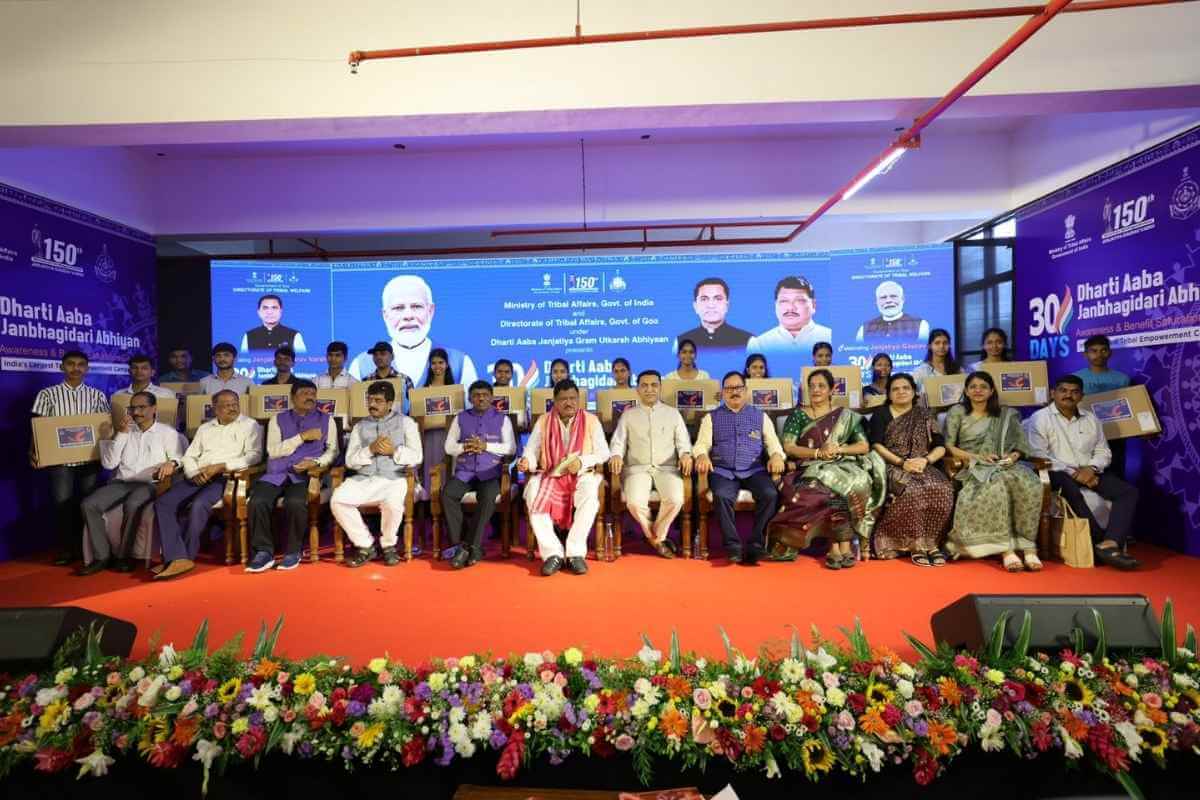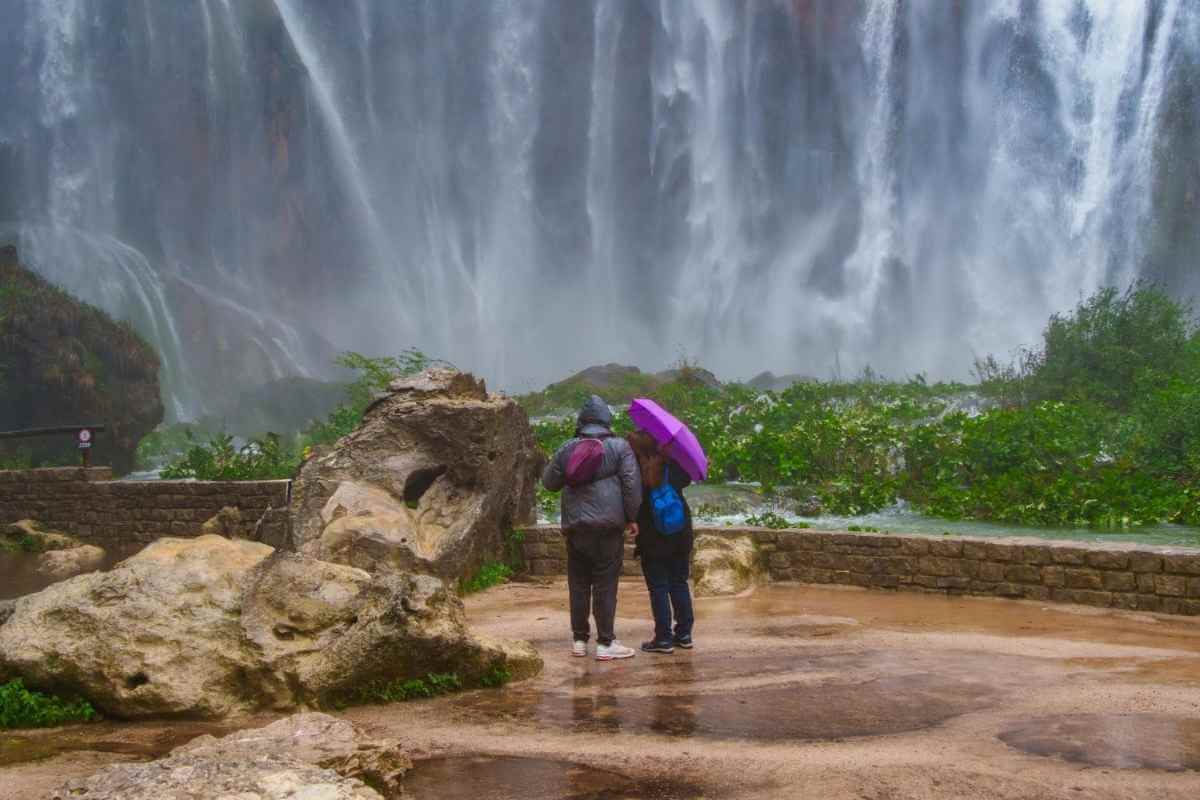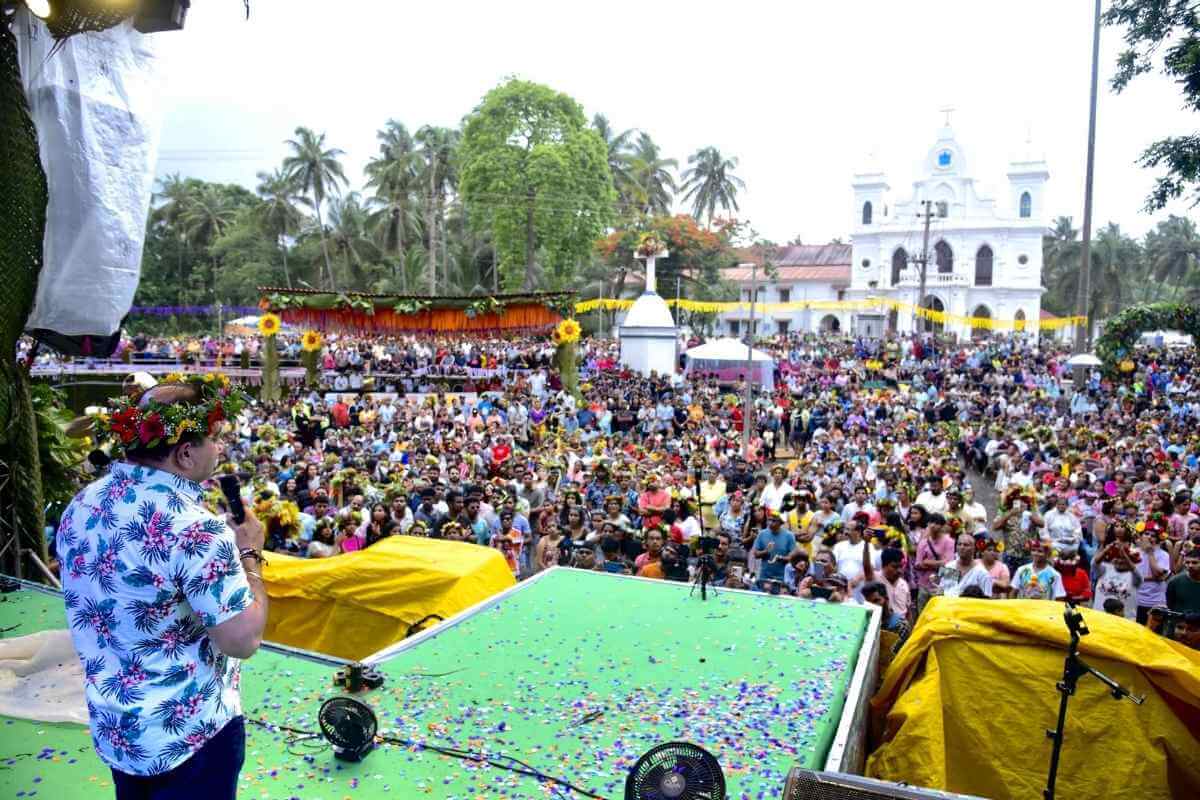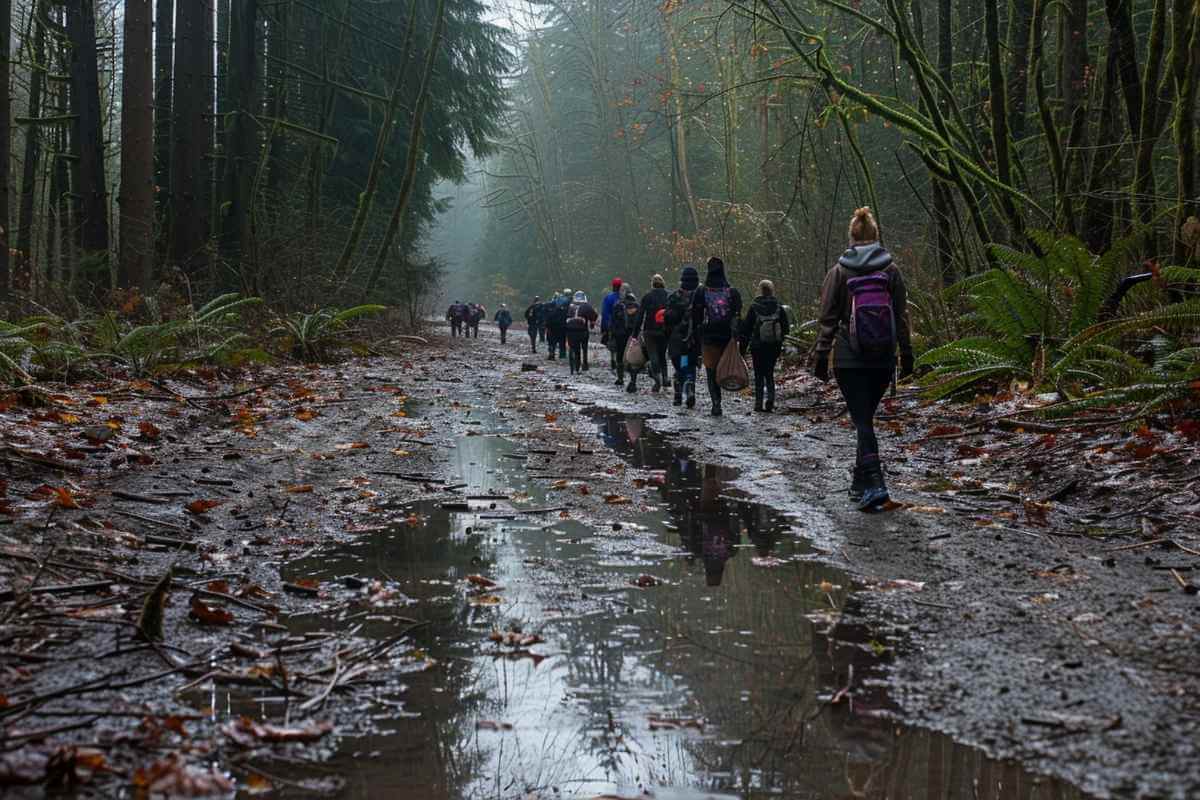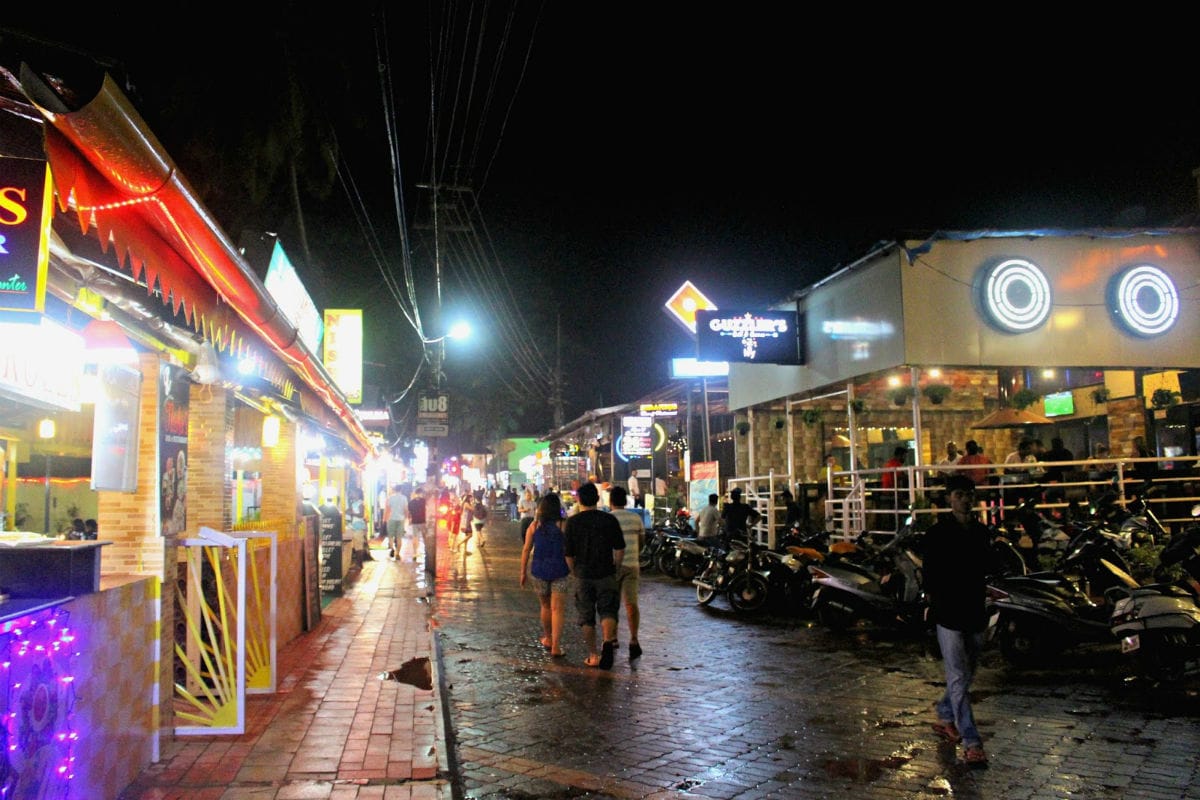Renting a cab or a bike in Goa provides tourists with convenience, cost-effectiveness, mobility, flexibility, and a local experience. It is a popular option for tourists who want to explore the area at their own pace and on their terms. It is recommended that tourists research and choose a reputable rental company to ensure a safe and enjoyable rental experience. Here are the top 10 things a tourist should know while renting a cab or bike in Goa.
1. Always Rent From a Licensed and Reputable Company
This ensures that you are protected in case of any issues that may arise during your rental period. When travelling to a new place like Goa, it is common for tourists to rent a cab or bike to explore the area. However, it is important to always rent from a licensed and reputable company because Licensed rental companies are registered with the local authorities, and comply with all the legal requirements. They offer you legal protection in case of any issues that may arise during your rental period. Reputable rental companies have strict safety protocols in place, and they regularly maintain their vehicles to ensure that they are in good condition.
This ensures that you have a safe and enjoyable experience while travelling in Goa. When you rent from a reputable company, you can be assured of the quality of the vehicle you are renting. You can also expect reliable service and support if any issues arise during your rental period. They also offer insurance coverage for their vehicles, which protects you from financial liabilities in case of accidents or damages to the vehicle.
Unlicensed rental companies often charge hidden fees or additional charges, which can add up to a significant amount. Licensed rental companies, on the other hand, have transparent pricing policies, and they do not have any hidden charges. Renting from a licensed and reputable company gives you peace of mind, knowing that you are dealing with a reliable and trustworthy service provider. It is always better to spend a little extra to ensure a hassle-free and enjoyable travel experience.
2. Always Inspect the Vehicle before Renting it, and Take Note of any Pre-existing Damages
Inspecting the vehicle before renting it and taking note of any pre-existing damages is an important step that tourists should always take when renting a cab or bike in Goa. By inspecting the vehicle and noting down any pre-existing damages, tourists can avoid any disputes that may arise when they return the vehicle. This can help them avoid paying for damages that the visitor did not cause. By inspecting, tourists can ensure that it is in good condition and safe to ride. They can check the condition of the brakes, headlights, turn signals, tires, and other important features before taking the vehicle on the road.
By taking note of pre-existing damages, tourists can protect themselves from being held liable for damages that they did not cause. This can help them avoid paying for repairs or replacements that should be covered by the rental company. This can help the tourists to ensure that they are renting a vehicle that meets their needs and expectations. They can identify any issues or problems upfront, which can help them avoid any unpleasant surprises later on.
It will help to know if the vehicle is legally registered and has all the necessary documents such as registration, insurance, and pollution under control (PUC) certificate or not! It can help them avoid disputes, ensure safety, protect themselves, ensure a smooth rental experience, and ensure legal protection.
3. Ensure that the Vehicle has all Necessary Documents such as Registration, Insurance, and Pollution under control (PUC) certificate
All vehicles on the road in India must have valid registration, insurance, and pollution under control (PUC) certificate. By ensuring that the vehicle has all the necessary documents, tourists can ensure that they are renting a vehicle that is legally compliant. Vehicles with valid insurance and registration are more likely to be well-maintained and in good working condition. This can ensure that tourists have a safe and hassle-free travel experience.
In case of traffic violations, such as over-speeding or driving without proper documents, tourists can be fined by the traffic police. By ensuring that the vehicle has all the necessary documents, tourists can avoid any fines or penalties. If tourists are involved in an accident while renting a vehicle, having all the necessary documents can provide legal protection. The rental company’s insurance can cover any damages, and tourists can avoid legal disputes.
Knowing that the rental vehicle has all the necessary documents can give tourists peace of mind. They can focus on enjoying their trip without worrying about legal or safety issues.In conclusion, ensuring that the rental vehicle has all the necessary documents is crucial for tourists renting a cab or bike in Goa. It can ensure legal compliance, and safety, avoid fines, and legal protection, and provide peace of mind.
4. Check the Condition of the Brakes, Headlights, Turn signals, and other Important Features before Taking the Vehicle on the Road
Checking the condition of the brakes, headlights, turn signals, and other important features before taking the vehicle on the road is a critical step that tourists should take when renting a cab or bike in Goa because the safety of the tourists and other road users is paramount. By checking the condition of the brakes, headlights, turn signals, and other important features, tourists can ensure that the vehicle is in good condition and safe to ride. Malfunctioning brakes, headlights, or turn signals can cause accidents on the road. By checking these features before taking the vehicle on the road, tourists can avoid accidents and ensure that they are safe while travelling.
Indian traffic laws mandate that all vehicles on the road must be in good working condition, including their brakes, headlights, and turn signals. By checking these features, tourists can ensure that the rental vehicle is compliant with traffic laws. Checking the condition of the vehicle’s brakes, headlights, turn signals, and other important features can give tourists peace of mind while on the road. They can be confident that the vehicle is in good condition and can avoid any potential problems.
If the vehicle has any issues with the brakes, headlights, or turn signals, tourists may be held responsible for any additional costs incurred to repair the vehicle. By checking these features before renting the vehicle, tourists can avoid any additional costs.
5. Be Aware of the Traffic Rules in Goa, and Follow Them Strictly
Adhering to traffic rules ensures the safety of both tourists and locals. Goa roads can be crowded, and traffic can be chaotic at times. By following traffic rules, tourists can avoid accidents and injuries. Breaking traffic rules can lead to fines and other legal consequences. Tourists who violate traffic rules may end up paying hefty fines or even facing legal charges, which can ruin their holiday experience.
Goa is a beautiful place, and tourists should take responsibility for keeping it clean and green. By following traffic rules, tourists can reduce their impact on the environment and minimize pollution caused by vehicles. Tourists should respect the local culture and customs of the places they visit. By following traffic rules, tourists can show their respect for local laws and customs, and this can help them build positive relationships with the locals.
Following traffic rules can make the travel experience more pleasant and enjoyable. Tourists can avoid the stress and frustration that comes with breaking traffic rules and getting caught by the police. In summary, tourists should follow traffic rules in Goa and adhere to them strictly to ensure safety, avoid legal consequences, respect the local culture, minimize their impact on the environment, and have a better travel experience.
6. Always Wear a Helmet while Riding a bike, and make sure that any Passengers are also Wearing Helmets
Wearing a helmet is the most effective way to protect the head and brain in an accident. Even a minor accident can cause serious head injuries, and a helmet can significantly reduce the risk of such injuries. In many countries, including India, wearing a helmet while riding a bike is a legal requirement. Tourists who violate this law may be fined or even face legal charges. Helmets provide protection from the elements such as rain, wind, and sun.
This can make the bike ride more comfortable and enjoyable, especially during long rides. Tourists who wear helmets while riding a bike set a good example for others and encourage them to do the same. This can create a culture of safety and encourage others to adopt safe biking practices. Many insurance policies have a clause that states that the insurance will not cover injuries sustained while riding a bike without a helmet. Therefore, wearing a helmet can ensure that tourists are covered by insurance in the event of an accident.
Therefore, wearing a helmet while riding a bike is essential for safety, legal compliance, protection from the weather, setting a good example, and insurance benefits. Tourists should always wear a helmet while riding a bike, even if it is not a legal requirement in their home country.
7. Refrain from Drinking and Driving, as it is Illegal and can Result in Heavy Fines and Legal Consequences
Drinking and driving can impair a person’s ability to make good judgments and react quickly in emergency situations, leading to an increased risk of accidents and injuries. Driving under the influence can cause serious harm not only to the driver but also to other road users. Driving under the influence of alcohol is illegal in most countries, including India. Tourists who are caught driving under the influence may face fines, jail time, or even deportation.
Such legal consequences can not only ruin the tourist’s vacation but also affect their future travel plans. Tourists have a moral responsibility to ensure the safety of themselves and others on the road. Driving under the influence puts the lives of others at risk and is an irresponsible and selfish act. Tourists who are caught drinking and driving can negatively impact the image of their home country and fellow tourists. It can create a negative impression of their home country and can lead to negative stereotypes and misconceptions.
The negative impact of drinking and driving can affect the tourism industry. If tourists continue to engage in such dangerous behaviour, it can lead to a decline in tourism, causing economic damage to the local businesses and communities that rely on tourism. Tourists should plan their transportation options ahead of time and avoid driving after consuming alcohol. By doing so, they can ensure their safety and the safety of others while enjoying their vacation.
8. Be Cautious while Driving on Narrow Roads, and Always give way to other Vehicles
Narrow roads can be challenging to navigate, and driving can be particularly hazardous if there is oncoming traffic. By being cautious and giving way to other vehicles, tourists can reduce the risk of accidents and ensure their own safety as well as that of others on the road. Narrow roads often have limited space, which can increase the likelihood of vehicles scraping against each other or other objects. By being cautious and giving way to other vehicles, tourists can avoid damaging their own vehicles and those of others.
In some places, locals may have established customs or unspoken rules for driving on narrow roads. By giving way to other vehicles, tourists can show respect for these customs and avoid offending locals who may feel that they are being disregarded. Narrow roads can become congested quickly, particularly during peak tourist season. By being cautious and giving way to other vehicles, tourists can help to keep traffic flowing smoothly and reduce congestion.
By being cautious and considerate while driving on narrow roads, tourists can ensure that they have a positive tourism experience. They can avoid unnecessary stress and frustration, and can also create a positive impression of themselves and their home countries among locals and other tourists.
9. Plan Your Route before Starting Your Journey, and Carry a Map or GPS Device to Avoid Getting Lost
Planning a route before starting a journey and carrying a map or GPS device can help tourists save time by avoiding unnecessary detours or wrong turns. This is particularly important when visiting a new place where the roads may be unfamiliar. Getting lost in a new place can be dangerous, especially if it happens at night or in an unfamiliar or remote area. By planning their route and carrying a map or GPS device, tourists can ensure that they stay on the right track and avoid getting lost.
Getting lost can be expensive, as it may involve wasting fuel or even needing to hire a taxi or another vehicle to find the way back. By planning their route and carrying a map or GPS device, tourists can save money by avoiding such situations. Goa is a place with a rich culture and history, and exploring the area can be an enriching experience. By planning their route and carrying a map or GPS device, tourists can ensure that they do not miss out on any of the important cultural sites or landmarks. Getting lost can be a stressful and frustrating experience, especially when tourists are in a hurry or have a tight schedule.
By planning their route and carrying a map or GPS device, tourists can reduce stress and enjoy their journey with peace of mind.In summary, planning a route before starting a journey and carrying a map or GPS device can help tourists save time, avoid getting lost, save money, have a better cultural experience, and reduce stress. Therefore, it is highly recommended that tourists plan their routes and carry navigational aids when visiting Goa or any new destination.
10. Keep Emergency Numbers Handy, in case of any Unforeseen Circumstances or Emergencies
It is always better to be prepared in advance: Emergencies can happen at any time, and it is essential to have access to emergency services in case of an accident or other emergency situations. By keeping emergency contact numbers, tourists can quickly call for help in case of an emergency, ensuring their safety and well-being. In case of a medical emergency, tourists may require immediate medical attention. By having emergency contact numbers, they can quickly contact medical services and get the necessary assistance, which can be crucial in saving lives. Having emergency contact numbers on hand is convenient and can save time, especially when time is of the essence.
Tourists can quickly access emergency services without wasting time searching for contact information or waiting for someone else to provide it. Tourists may not always speak the local language, which can make it difficult to communicate in an emergency situation. By keeping emergency contact numbers on hand, tourists can quickly contact emergency services without having to communicate verbally, as most emergency services providers have personnel who can communicate in English. Having emergency contact numbers while travelling in Goa can give tourists peace of mind. They can feel reassured knowing that they have quick access to emergency services in case of any unforeseen situation.
It is recommended that tourists keep a list of important emergency contact numbers, including local hospitals, police stations, ambulance services, and their country’s embassy or consulate. By doing so, they can ensure that they are prepared for any emergency situation that may arise during their travels.
In Conclusion
Tourists in Goa should always follow these top 10 things before renting a cab or a bike while travelling in Goa. By following these steps, your travelling experience will become hassle-free and



